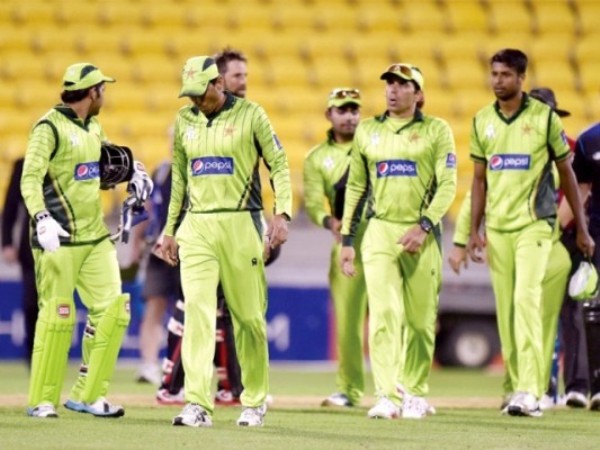The late 70s saw a revolution in the world of cricket, as a raged Australian media magnate decided to take a step further to telecast cricket on his network. Denied the rights to telecast Australia’s home Tests on his ‘Channel Nine’ in 1976, Kerry Packer decided to launch a cricket series – World Series Cricket – to be broadcasted on his channel.

Kerry Packer. Photo: Reuters
Subsequently, Packer initiated a secret player signing process in 1976 with the assistance of then England’s captain Tony Greig. In mere 10 months, the two contracted a dozen top-notch cricketers. Finally, the WSC began in 1977 with the three teams – WSC Australia XI, WSC West Indies XI, and WSC World XI – comprising of players from Pakistan, England, and South Africa along with one Kiwi, Sir Richard Hadlee. By the second season, WSC had more than 60 cricketers on board. As the cricket series flourished, it made the top boards sweat.

Sir Richard Hadlee. Photo: AFP
Its robust expansion brought one of the strongest cricket boards – Australian Cricket Board (ACB) – on its knees. Subsequently, the truce between ACB and Packer not only pocketed Packer the broadcast rights but also a decade -long exclusive promotion rights of the game.
History repeated itself after 40 years, this time in India when another frustrated media tycoon unable to secure the cricket broadcasting rights initiated the Indian Cricket League (ICL) . The Board of Control for Cricket in India (BCCI) and International Cricket Council (ICC) banned the league. And just after two seasons, it died a sorrowful death.
However, Subhash Chandra’s failure with ICL did not let him down. Once again, the Essel Group has decided to penetrate into the cricket world. And this time, with a much bigger purpose.

Subhash Chandra. Photo: Reuters
The ICC got alarmed last month when the group registered companies in Australia, New Zealand and Scotland with the names seeming to be of the cricket boards. Soon, the news was leaked that the Essel Group looked to create a cricket structure with a world governing body and boards in various countries. Later, Essel Group in a statement said,
“[The group] is now geared up to enter the sports business at a global level, focusing on cricket, since it has been limited to Commonwealth countries. Our research reflects that there is an immense opportunity to make it a global sport.”
The shrewd Packer exploited the pay disputes worldwide. Packer, who later termed his WSC as “half-philanthropic”, believed that the cricketers across the globe were not getting paid according to their value. Pakistan’s cricket, two years ago, had recovered from such a mess. The issue in the team had become so grave that five to seven players of the playing 11 on eve of the Hyderabad Test against New Zealand opted to boycott the match.

Photo: AFP
However, they played the Test as an agreement was reached between the players and AH Kardar after numerous rounds of negotiations, which lasted till 4am. Essel Group’s Chandra found another vulnerability, not of the cricket boards but of the international governing body, which can be easily exploited.
Cricket, on the contrary to other sports, has shrunk over the years. The first ever Test match was played two centuries back, yet today, there are only 10 Test nations. Moreover, ICC’s resolve in the promotion of the game in the associate and affiliated nations can be gauged by the 10-team format for the next World Cup.
The Quadrennial tournament provides platform to the not-so-famous-cricketers from non-full member nations to showcase their talent. Ireland, over the last two World Cups, has won hearts of the cricket fraternity all around the world. The team is adored by cricket frenzies everywhere. However, unfortunate for them and its fans, Ireland will be absent from the next World Cup as the Irish games do not pour in heavy revenues from the sponsors.

Ireland cricket team. Photo: Reuters
Moreover, the recent revamp in the ICC which allows veto rights to India, Australia and England have saturated the power and revenue sharing in the three boards. This leads to a drastic decrease in the revenues of the rest of the full member boards. The associate nations, one can imagine, are getting peanuts to promote the game in their regions.
The ICC has proved to be impotent in the development of the cricket. It has been unable to sustain rules. Every now and then, some new rules are being introduced and old are scrapped off, which itself underscores the body’s incompetency level. Perhaps the upcoming league is able to develop and promote cricket universally which has not been the case in the last two centuries.
from The Express Tribune Blog http://blogs.tribune.com.pk/story/28589/how-iccs-incompetency-became-the-essel-groups-opportunity/
No comments:
Post a Comment